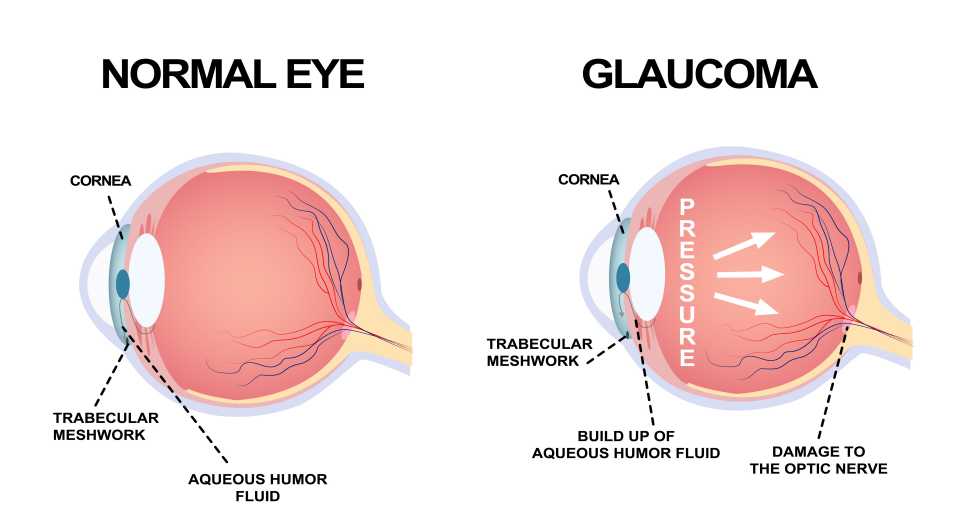Can stress cause high eye pressure? Studies demonstrate that excessive levels of stress can impact numerous bodily systems. Different people react differently to stress. Some find sleeping difficult at night, while others use drugs to cope with the pressure.
Regardless of the cause, stress is detrimental to your health in the long run. It affects your nervous system, and the release of a stress hormone, cortisol, can result in high blood pressure and increased heart rate. Stress can also affect your reproductive and digestive systems.
Stress affects the facial muscles
Can stress cause high eye pressure; Alterations in the trapezius muscle can be caused by prolonged exposure to glare or psychological stress. These changes might have an effect on blink rate as well as head posture. These changes are closely related to changes in blood flow. Exposure to glare or psychological stress can also cause changes in heart rate.
Other studies have found that psychological stress affects other facial muscles’ hemodynamics and muscle activity. However, in the current study, neither of these effects was found in the orbicularis oculi, nor were the other facial muscles measured.
Meditation and relaxation training raise intraocular pressure
Can stress cause high eye pressure? Stress has been linked to higher intraocular pressure, and meditation and relaxation training may help to reduce it. Practicing meditation regularly can reduce the stress hormone cortisol, and this, in turn can reduce intraocular pressure. This can help glaucoma patients improve their quality of life. In addition, meditation can help to improve the blood flow to the eye and relieve the symptoms of glaucoma.
One study compared meditation and nonmeditation patients and found that meditation significantly decreased intraocular pressure in both groups.
It also reduces levels of stress-related hormones and chemicals in the blood. In addition, 75% of meditation patients reported a significant drop in eye pressure. This effect was associated with lower cortisol levels, beta-endorphins, and brain-derived neurotrophic factors. Researchers also found a decrease in pro-inflammatory markers.
Can Stress Cause High Eye Pressure? – Glaucoma Symptoms
Research has shown that stress can increase intraocular pressure. It can also alter the function of the optic nerve. Furthermore, long-term stress may cause vascular dysregulation, partial hypoxia, hypoglycemia, and hypometabolism. In addition, nerve cells can become inactive.
Additionally, it has been shown that high-stress levels can alter brain regions associated with the physiological regulation of stress hormones. Fortunately, there are several ways to reduce stress and prevent eye disease.
Exercise can also lower eye pressure and improve vision. However, patients should exercise caution. They should avoid heavy weightlifting exercises where they bend their head on one side.
Additionally, there is no evidence that scuba diving makes glaucoma symptoms worse; however, it is always wise to discuss the possibility of scuba diving with your primary care physician before going underwater. A sudden change in pressure can affect eye pressure, so it’s important to consult your doctor before scuba diving.

Ocular hypertension causes glaucoma
Ocular hypertension is a condition with excessive pressure in the eye. Blockage of eye drainage channels, overproduction of aqueous fluid, eye traumas, or eye illnesses can cause it.
Steroids also raise intraocular pressure. In addition, some medications, such as steroids, can elevate intraocular pressure. Older people of African-American descent are at increased risk of developing this condition. Nearsighted people are also at increased risk.
The elevated pressure in the eye increases the risk of optic nerve damage. It is essential to keep in mind, however, that not everyone who has ocular hypertension will eventually develop glaucoma.
Many people with elevated pressure in the eye never develop glaucoma, and many have low or normal-tension glaucoma. In any case, it is important to seek treatment for ocular hypertension to lower the elevated pressure in the eye.
Related Article: LASIK Eye Surgery
